How Social Media Affects Girls’ Mental Health: Understanding the Impact and Implications
Social media plays a big role in the lives of girls today. It can be a source of connection but can also hurt mental health. I believe it is crucial to recognize that while social media offers a platform for self-expression, it often leads to issues like anxiety, depression, and body image concerns. Many girls compare themselves to others online, which can create feelings of inadequacy.
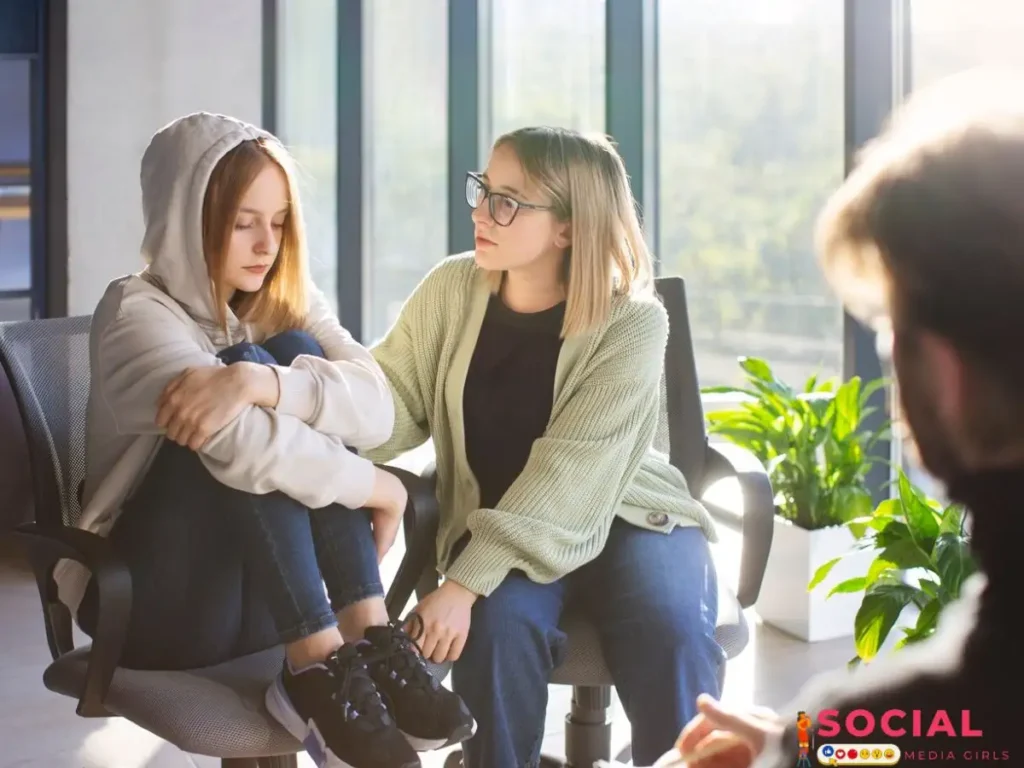
I want to explore how different social media platforms impact girls’ mental health. Each platform has its unique features that can either support positive interactions or encourage negative feelings. By understanding these dynamics, we can better navigate social media’s influence on our lives.
It’s important to find strategies for healthy social media use. Creating a balanced relationship with these platforms can help girls maintain their mental well-being.
Key Takeaways
- Social media can impact girls’ mental health positively and negatively.
- Different platforms affect self-esteem and body image in unique ways.
- Healthy strategies can help girls use social media without harming their mental health.
Understanding Social Media’s Role in Girls’ Mental Health
Social media plays a significant part in shaping girls’ mental health. I will explore how interactions online affect their feelings and thoughts, especially during the crucial adolescent years. These platforms can create both positive and negative impacts on well-being.
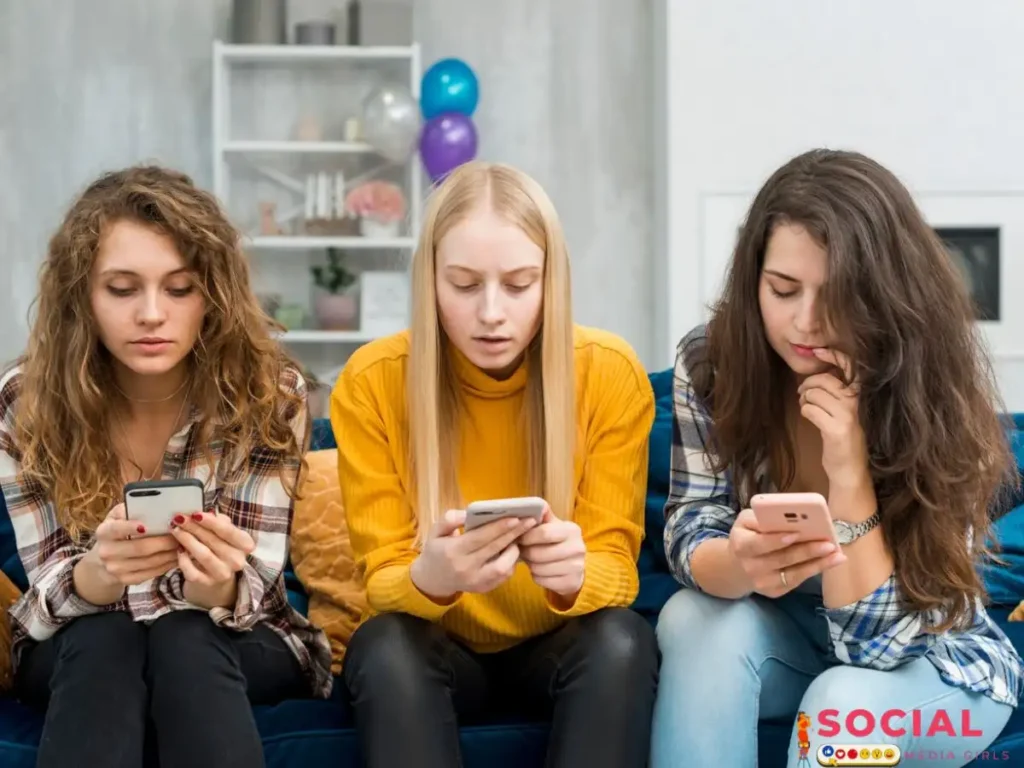
The Psychology of Social Media Interaction
Social media affects self-esteem and body image for many girls. Constant exposure to curated images can lead to unrealistic comparisons. I’ve seen how likes and comments influence their mood. Positive feedback can boost confidence, but negative comments or a lack of engagement can bring doubt and sadness.
Research by Jonathan Haidt suggests that social media can trigger anxiety and depression. Many girls feel pressure to present a perfect image online. This pressure can lead to mental health issues. Engaging with social media might also create feelings of isolation, even when they are connecting with others.
The Age of Influence: Adolescence and Vulnerability
Adolescence is a time of change and discovery. During this period, many girls are still developing their identity. They seek approval from peers, which social media channels can amplify. I notice that the vulnerability of this age makes girls more susceptible to the impacts of online interactions.
Girls often navigate complex social dynamics online. They may feel left out or bullied, which can hurt their self-worth. Additionally, girls are more likely to face negative feedback about their looks or interests online. These challenges can lead to anxiety and depression.
Understanding these factors is essential for promoting positive mental health for girls in this digital age.
Social Media Platforms and Their Unique Impacts
Different social media platforms affect girls’ mental health in various ways. Each platform has its unique characteristics that can impact self-esteem, body image, and feelings of connection or isolation.
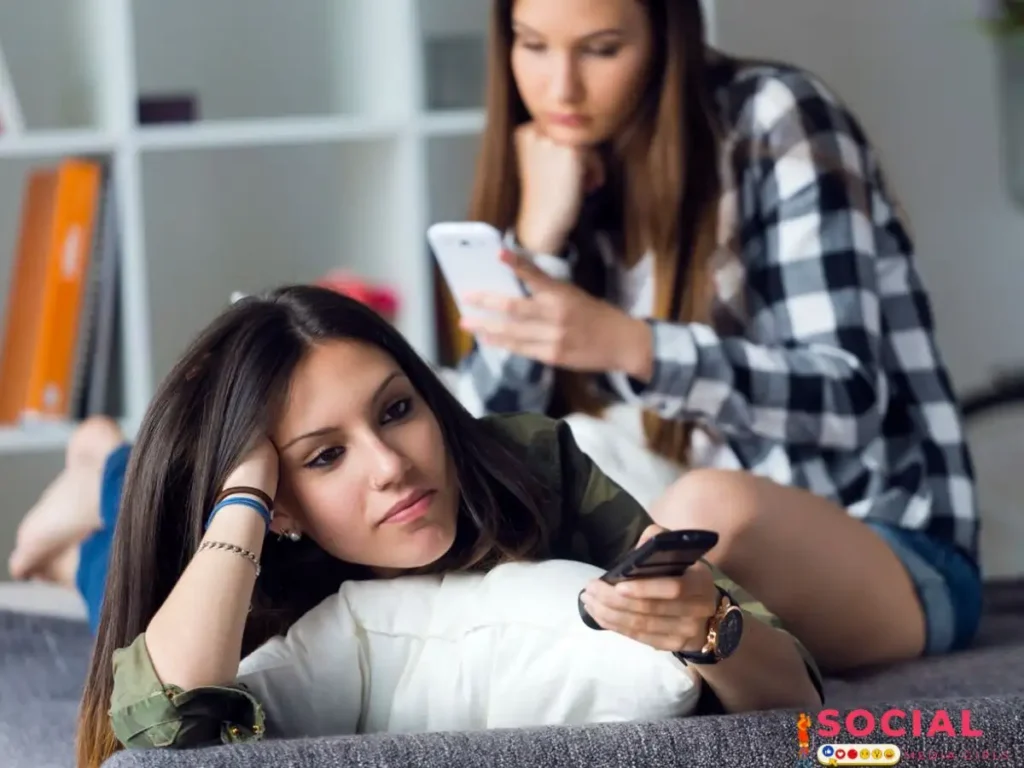
Instagram and Self-Esteem
I notice that Instagram plays a big role in shaping teenage girls’ self-esteem. Many users post pictures that show idealized versions of themselves. This often creates unrealistic standards that girls feel pressured to meet.
Research shows that frequent use of Instagram can lead to negative feelings about one’s own appearance. Likes and comments can boost confidence, but the opposite can happen as well. I see girls struggling when they don’t receive enough positive feedback. This cycle makes it hard for some to feel good about themselves.
Facebook and Depression
When it comes to Facebook, I find that it can contribute to feelings of loneliness and depression among teenage girls. The platform often focuses on social validation and connection. When girls see their peers hanging out without them, they may feel left out.
Studies suggest a link between heavy Facebook use and increased feelings of sadness. For some, scrolling through posts can lead to comparisons that amplify negative feelings. I think this can create a sense of inadequacy, which is particularly harmful during the teenage years.
TikTok’s Influence on Body Image
TikTok is another platform that significantly impacts body image. The short video format encourages trends that often celebrate specific body types and looks. I observe that these trends can create pressure to conform to certain beauty standards.
Many girls find themselves trying to mimic the appearance of popular TikTok influencers. This can lead to dissatisfaction with their own bodies. I believe that the constant flow of edited videos can distort self-image, as it’s hard to recognize the difference between reality and what’s posted online.
Snapchat and Peer Comparison
Snapchat also influences girls through peer comparison. The platform’s features, like Stories, provide a space for users to share personal moments. I see that this can lead to unhealthy comparisons among friends.
When I look at stories, I realize that girls might feel pressured to share only their best moments. This can create a false narrative of perfect lives. Feeling like they don’t measure up can lead to anxiety and low self-worth in some users. The fleeting nature of posts can also make it hard for girls to escape the pressure of constant evaluation.
Strategies to Support Healthy Social Media Use
Supporting healthy social media use is essential in promoting better mental health for girls. I will explore educational programs, parental guidance, and policy recommendations that can help mitigate the negative effects of social media.
Educational Programs and Awareness
Educational programs can raise awareness about the impacts of social media. Topics in these programs should include digital literacy, self-esteem, and mental health. Schools can organize workshops that involve teachers and counselors. I believe these should focus on how to critically assess online content.
Frances Haugen has advocated for better awareness regarding social media’s effects. Her insights can guide the development of curriculum that teaches how to navigate platforms wisely. Engaging students in discussions can also highlight the importance of kindness online.
Parental Guidance and Monitoring
Parental guidance is key to healthy social media habits. Parents should monitor their children’s social media use while encouraging open conversations about their experiences online. I suggest setting up rules that limit screen time and promote offline activities.
Melinda French Gates stresses the need for parents to educate themselves on social media trends. By understanding what their kids are exposed to, they can offer better support. Additionally, establishing trust will make it easier for children to approach their parents with any issues.
Regulation and Policy Recommendations
Regulating social media platforms is vital. I believe it’s important to advocate for policies that protect young users. These policies can include age restrictions and content filters to reduce exposure to harmful material.
Meghan Markle and Oprah Winfrey have highlighted the need for more accountability from tech companies. Recommendations might also include regular audits of algorithms that drive content. Advocating for these changes can help create a safer online environment for girls.
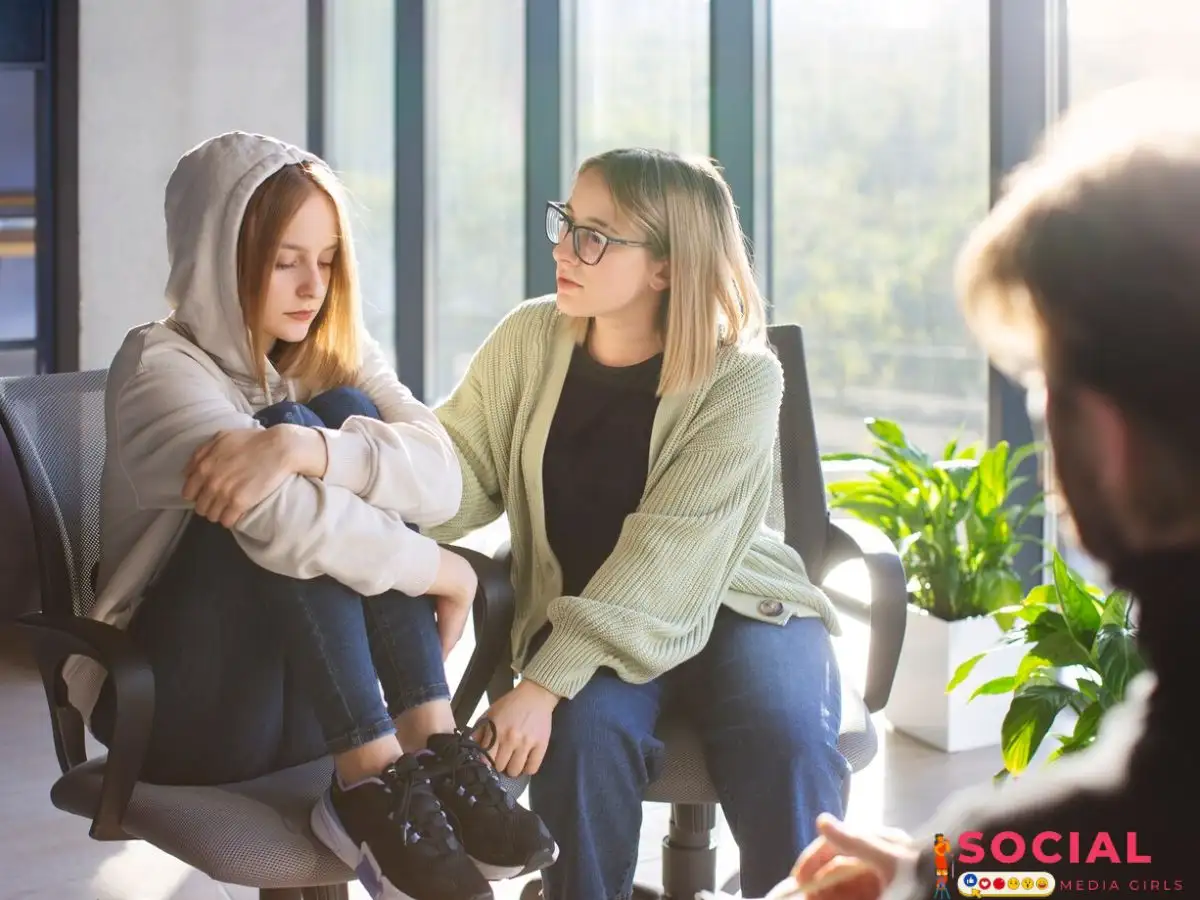
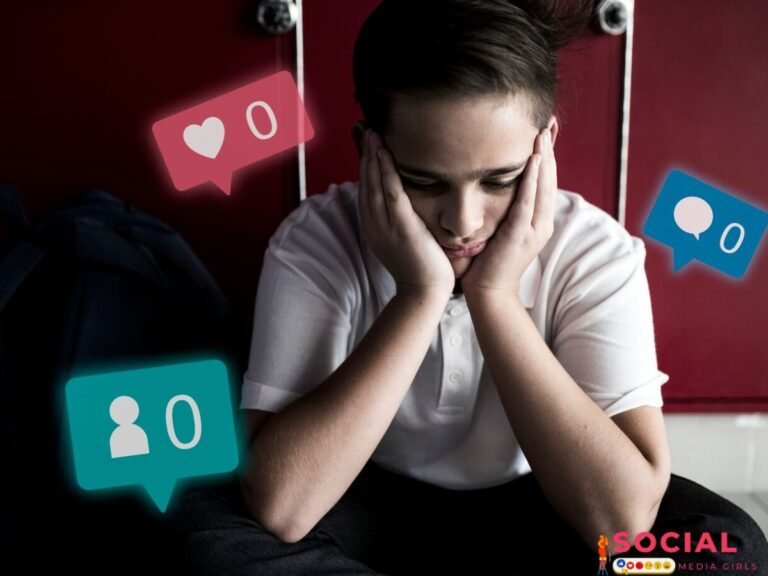

One Comment
Comments are closed.